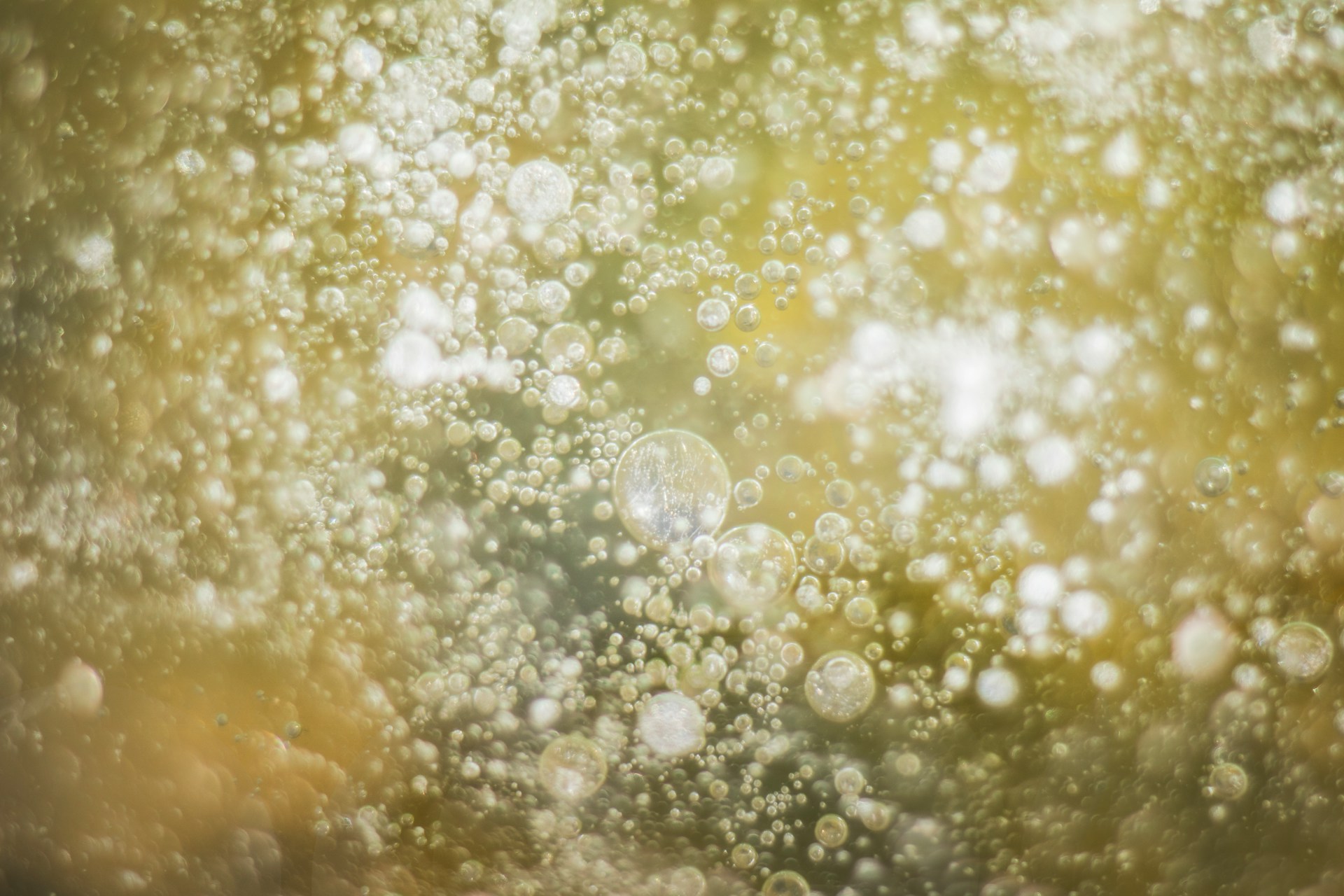Clear, healthy skin is a common goal, but concerns like acne, wrinkles, and dryness affect people of all ages and skin types.
To address these issues, individuals should focus on targeted skincare routines, use products suited for their specific concerns, and incorporate effective solutions such as gentle cleansers, moisturizers, and a dark spot corrector when needed. Consistent sun protection and hydration also play a crucial role in preventing future problems and maintaining overall skin health.
Beyond products, daily lifestyle choices have a direct impact on the skin’s appearance and health. Eating a balanced diet, managing stress, and ensuring adequate sleep can make a noticeable difference alongside a well-designed skincare regimen.

Key Takeaways
- Customize skincare routines to directly target main skin concerns.
- Combine effective products with healthy lifestyle habits for better results.
- Consistency is key to improving and maintaining skin health over time.
Addressing Acne, Wrinkles, and Dryness: Solutions and Strategies
Different skin issues require focused care with specific products and habits. An effective approach considers the underlying causes and tailors routines to individual skin needs.
Targeted Treatments for Acne
Acne can be managed by maintaining a gentle cleansing routine, using non-comedogenic products, and applying proven actives. Salicylic acid and benzoyl peroxide are widely recommended for their ability to clear pores and reduce inflammation. Topical retinoids, such as adapalene, help prevent new breakouts by promoting cell turnover. Niacinamide also provides anti-inflammatory benefits and can reduce redness.
For moderate or severe acne, a healthcare professional may suggest prescription-strength options or oral medication. Daily use of a lightweight, oil-free moisturizer can help prevent irritation from active ingredients. Avoiding excessive scrubbing or harsh products is important to prevent worsening of symptoms.
Effective Ways to Reduce Wrinkles
Wrinkle reduction often starts with consistent use of sunscreen, as UV exposure is a leading cause of premature aging. Broad-spectrum SPF 30 or higher should be applied daily, even when indoors. Retinoids are backed by extensive research for their ability to stimulate collagen production and smooth fine lines. Peptides and antioxidants, such as vitamin C, can further support firmness and help even skin tone.
Hydration is also key. Moisturizers containing hyaluronic acid, glycerin, or ceramides plump the skin and temporarily reduce the appearance of fine lines. Non-invasive treatments, including chemical exfoliants and certain professional procedures, may also be considered for more noticeable results.
Managing and Preventing Dry Skin
Dry skin benefits from gentle, fragrance-free cleansers that do not strip the skin’s natural oils. Applying moisturizer within minutes of bathing helps lock in hydration. Ceramides, squalane, and fatty acids repair the skin barrier and prevent water loss. Occlusive agents like petrolatum or mineral oil create a protective layer on top, further reducing dryness.
Adjusting the environment can have an impact. Using a humidifier in dry climates and avoiding overly hot showers helps maintain moisture balance. Layering products, such as a hydrating serum before a rich cream, can offer extra relief for very dry or sensitive skin.
Lifestyle Factors and Long-Term Skin Health
Healthy skin relies on more than just topical treatments. Daily decisions about diet, routines, and environmental exposure determine skin’s resilience and appearance over time.
Diet and Hydration for Clearer Skin
Nutrition directly affects the skin’s ability to heal, remain hydrated, and resist common concerns like acne and dryness. Diets rich in vegetables, fruit, whole grains, lean protein, and healthy fats provide essential vitamins (A, C, E) and minerals (zinc, selenium) needed for skin repair. Consuming foods high in sugar or processed carbohydrates can worsen conditions like acne by increasing inflammation and oil production.
Proper hydration supports the skin barrier, keeping it supple and less prone to dryness. Adults should aim for at least 1.5–2 liters (~6–8 cups) of water daily, but individuals engaging in intense activity or living in hot climates may need more. Limiting excessive dairy and whey protein is recommended for those prone to breakouts, according to dermatological findings.
Daily Skincare Routines
Consistent skincare habits impact long-term skin condition. Cleaning the skin twice daily with a gentle cleanser helps remove oil, dirt, and residual makeup that may clog pores or cause irritation. Over-washing or using harsh products can disrupt the skin barrier, increasing sensitivity and dryness.
Moisturizing daily after cleansing helps maintain hydration and protect against environmental aggressors. Individuals should select a moisturizer suited to their skin type—lighter lotions for oily or acne-prone skin, richer creams for dry skin. For those experiencing acne, non-comedogenic products are preferable to prevent pore blockage.
Sun Protection and Environmental Considerations
Exposure to ultraviolet (UV) radiation is a proven factor in premature skin aging, hyperpigmentation, and increased risk of skin cancer. Daily use of broad-spectrum sunscreen with at least SPF 30 is recommended, even on cloudy days. Reapplication every two hours is essential during prolonged outdoor activities.
Protection from environmental pollutants—including smoke and urban dust—also matters. Individuals can minimize exposure by using antioxidants like vitamin C serums, which help neutralize free radicals that damage skin cells. Wearing hats, sunglasses, and seeking shade provide further defense against UV and environmental harm.

Conclusion
Addressing common skin concerns like acne, wrinkles, and dryness requires a consistent routine and awareness of individual skin needs. By identifying specific triggers and using targeted treatments, individuals can take practical steps toward healthier skin. Simple habits such as using gentle cleansers, moisturizing daily, and protecting skin from sun exposure are effective for many people. Consulting a dermatologist may be helpful for persistent or severe issues.
Maintaining skin health often involves a combination of professional advice, evidence-based products, and ongoing self-care. Taking these steps can help individuals manage common skin problems and support long-term skin wellness.






